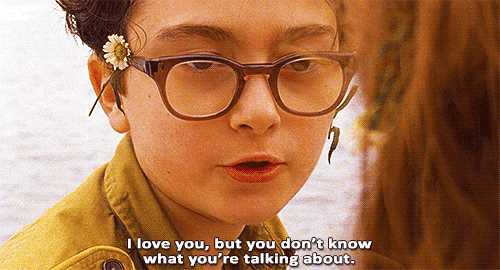I’m sure you’ve had the frustrating experience of reading your story for the first time in print and discovering new changes you never approved with your byline attached. How should I approach editors who have inappropriately altered my voice or message in a piece? And when should I say enough is enough? -Anne Bartholomew
Sometimes you can safeguard against this by having a conversation with your editor when you accept an assignment in which you ask about the various signoffs you’ll have. Will you just return one round of edits and then see it live? If it’s print, will you get to approve an on-page PDF? Ask about the process at that particular publication. Few places will give writers veto power over a headline, but if you flag certain sections as highly sensitive or potentially confusing, and thus requiring your pre-publication review, most editors will be receptive. Make it about the facts.

Voice is trickier. Good editors aren’t just tasked with maintaining the integrity of the facts and the thesis; it’s on them to maintain a consistent tone across their editorial product. It’s not all about you. Read the other pieces they’ve published: Are they tonally consistent? Do you like how they’re edited? Sometimes editors have very good reasons for changing your voice. If an editor repeatedly makes changes you don’t like—things that aren’t related to facts or structure or clarity—and isn’t open to discussing those edits, then you should reconsider whether you want to continue working with that publication. Find an outlet where your voice is a better fit.
When it comes to double pitching (or sending the same story idea to multiple editors at once), I gather it’s a practice that falls into the ‘frowned upon’ category. But given the increasing difficulty of making it as a freelancer—and the low rates of pay even if a story does work out—is this becoming less of a no-no? It would be one thing if all editors were great about responding to pitches in a timely fashion, but #realtalk, most are not. Must we continue diligently waiting a week or more in between each pitch? —Rosie
I feel this!

So here’s the thing: You can double-pitch, as long as you’re up front with editors about it. But letsbereal, being up front about the fact that you’re sending your pitch to multiple outlets undermines your case for why a specific publication should be interested. Rather than pitch several outlets at once, I’d encourage you to set timelines and deadlines. At the bottom of your pitch, note that you only expect the story to be relevant for a certain period of time, so you’ll be following up in a week (or two weeks, for a print publication—or a day or a few hours, for something that’s breaking). If by that point you don’t hear from an editor, send an email informing her that you’re going to pitch elsewhere, too, but if she’s still interested she should get in touch. That way you’ve offered exclusivity, and the onus is on the editor to get you a timely response or at least to offer a reason why a timely response isn’t possible.
You can set reminders on your calendar to follow up. It’s true that, as a freelancer, you don’t control the timeline. But most editors I know would rather be rushed in answering whether or not they want a piece than to say yes and find out you’ve already sold it elsewhere. And as with most things in the pitching game, a personal relationship helps. Just be real with your editor—explain that her publication is your first choice, but you need an answer by, say, Tuesday—and in most cases she’ll do her best to comply or reply with a more feasible timetable. The best case you can make for a timely reply is to have a timely pitch, so it’s also an incentive to find a good hook—which in turn will strengthen your pitch and the likelihood of its acceptance.
I’m an associate editor at a weekly paper looking to relocate to another state. Should I just move and hope to find a job? Should I lie and say I already live there? Should I just keep chugging along with my pathetic planning-to-move-there cover letters? —Anonymous
If you already know where you want to move, try to make some local connections first. Have you sent cold emails to journalists in that city to introduce yourself and ask for advice? Have you made a trip (or several) there for some informational meetings and coffee dates? Do these things first. It’s hard to get a job through a cold application. And if you’re applying from out of state? Sorry, sister.

It’s going to require a bit of financial and social investment, but you need to lay groundwork. If editors in your new city know your name, and ideally your face, the fact that your application comes from out of town will be less of an issue.
Ann Friedman is a magazine editor who loves the internet. She lives in Los Angeles
